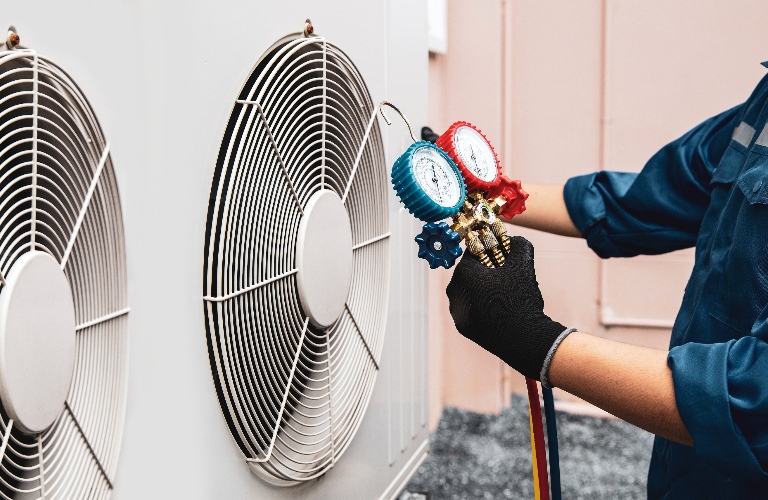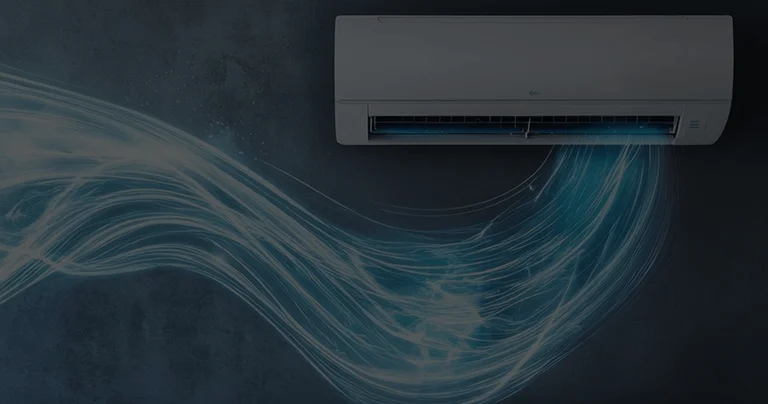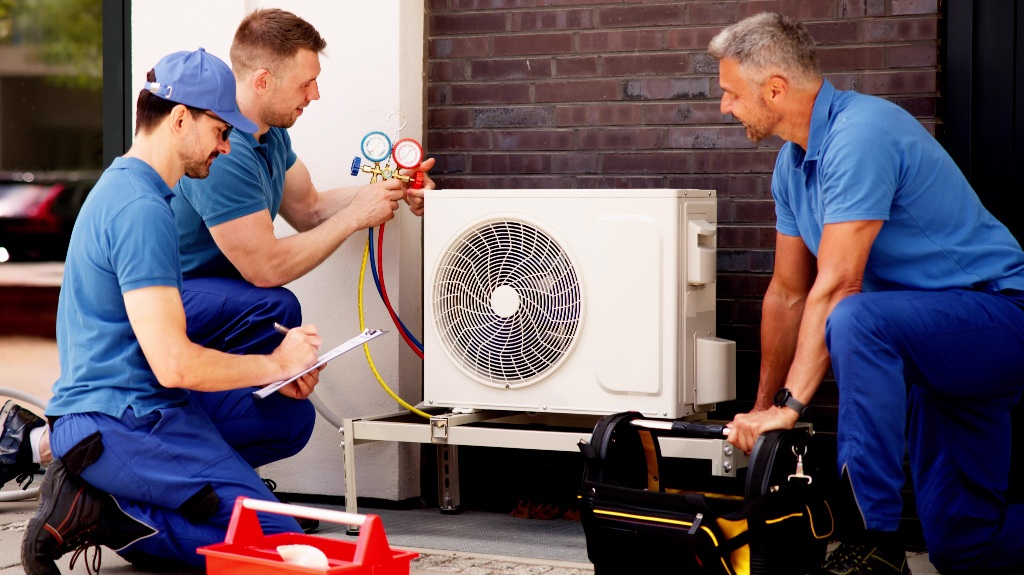Connecticut and the rest of the Northeast are known for the climate: temperatures that range from freezing cold to sizzling hot, and everything in between. Spring might not start until May, but it can be followed quickly by steamy summer days of high heat and humidity. Winter weather can mean lots of snow and ice. Connecticut residents rely on their home heating and cooling systems to control humidity and reduce airborne allergens as well as for comfort.
These weather swings are tough on your home’s HVAC system. It is not only cycling on and off to maintain a consistent indoor temperature but any outdoor components also take the brunt of Mother Nature’s fluctuations. Fortunately, an experienced HVAC company with qualified technicians will keep your home comfortable and your system humming with regular tune-ups.
When and How Often to Tune Up Your HVAC System
Regular maintenance on your home HVAC system will save you money by preventing small problems from growing into big ones and by keeping the entire system in top shape. At a minimum, your system should be reviewed by a professional twice a year.
In spring, as the weather changes and begins to heat up, your HVAC technician should check the following parts of your cooling system:
- Air filters—clean and/or replace
- Coils—clean and check both the evaporator and condenser coils for leaks or issues
- Fans, belts—check tension and lubricate so they move freely
- Refrigerant levels—check for leaks
To prepare for the winter heating season, the technician should return in fall to test and maintain the following parts of your heating system:
- Thermostats—calibrate and check for accuracy
- Burner or heat exchanger—inspect for cracks, corrosion, and soot buildup
- Electrical connections—check for loose wires
The benefits of regular maintenance are well-documented, starting with saving money. Consider these reasons to get your system on a regular schedule of tune-ups:
- Homeowners can save 10 percent or more of their heating costs by keeping their HVAC systems maintained. If your electrical bill suddenly spikes, check the efficiency of your HVAC system, particularly during peak usage. Oftentimes, a technician can recognize the symptoms of a future problem and make repairs before there’s a complete failure. Calling for help in an emergency is always more expensive than regular maintenance visits, which are often included in customers’ contracts.
- The longevity of your system depends on maintenance. By staying ahead of costly overhauls you may extend the lifespan of your HVAC system by several years. The usual lifespan of a heating and cooling system is 15 to 20 years, but many that are consistently cleaned, checked, and repaired last much longer.
- Maintaining the manufacturer’s warranty on parts or the whole system often requires regular check-ups. If your warranty lapses because tune-ups weren’t performed, you may be on the hook for significant repairs or replacement costs.
- Better air quality is produced by a clean, well-maintained system. By cleaning ducts, removing burner soot, and rinsing the outdoor heat exchanger coils, you reduce allergens and dust.

Homeowners should also call their technician anytime their HVAC system is not maintaining the temperature set at the thermostat, not turning on, running excessively, or creating smoke or other unusual odors.
Finding a Trusted HVAC Maintenance Partner
HVAC companies like Unified Home Solutions that design, install, and service whole-house systems, are knowledgeable about regular maintenance. Their technicians are familiar with many brands and their components, as well as the strengths and weaknesses of each. Whether your HVAC system is a new heat pump or an aging oil burner, Unified Home Solutions has you covered with a combined 50 years of experience. Contact Unified for a consultation today to get your system back into shape.


